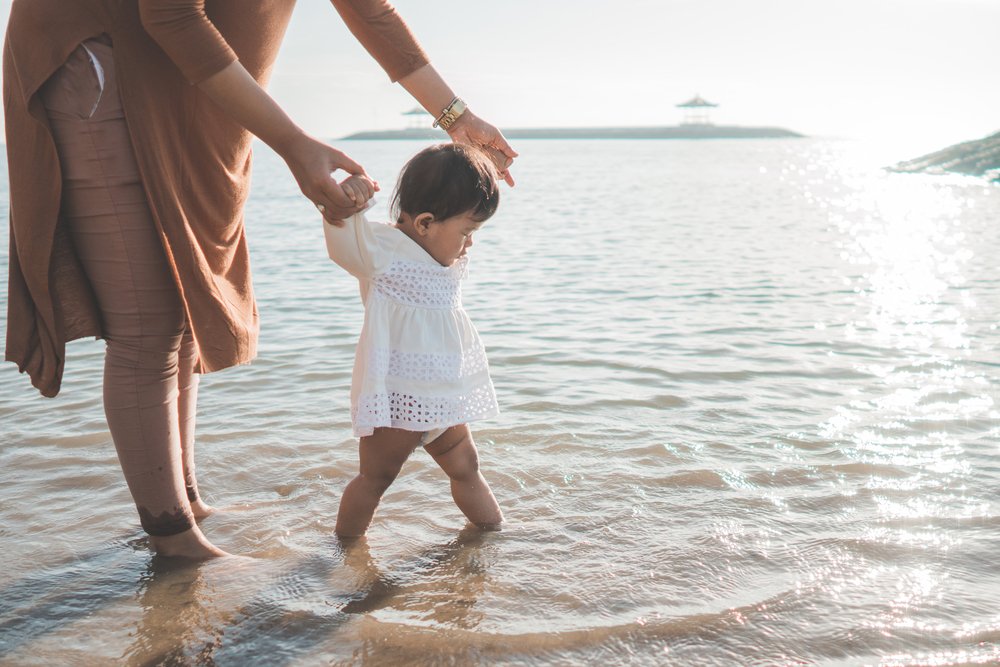Key points:
1. Walking is a significant step toward independence for your child.
2. As they become more mobile, they develop curiosity and can explore new places.
3. Walking fosters independence, self-confidence, and physical activity.
4. It encourages the use of hands for tasks, promoting gross motor skills.
Once your little one has mastered the art of walking, they will find themselves walking whenever they get the chance! This is a big step towards independence, and you will surely notice a difference in your life. They’ll soon be up for anything and everything!
In a few months, they will be asking to do everything by themselves. At this point, they are not only developing their physical skills, but they are also improving in many other ways, and walking is a great tool for learning. It’s an excellent time to provide them with opportunities to explore, ask questions, and use their imagination. This stage will open up a great array of new activities you can do together.
What are the benefits of walking?
- It will help them develop their curiosity even further. In the beginning, they had to wonder from a static position. When they crawled, they were limited to the floor level, but now they can go anywhere and enjoy the view from the top! Your little one will become even more curious since now they can move to new places and watch everything from a different perspective. Many things will be new to them, so take advantage of this, and explore together!
- It will directly impact their independence and self-confidence. Much of their precursor skills will be developed before they have the strength and coordination to walk. They might be crawling up the stairs, reaching for objects, and becoming stronger every day. This helps them be more independent; they can go wherever they like by themselves now. You might see they even want to climb off from the car seat or pick up their toys. They might not like for you to carry them as much anymore. All these new skills will be fostering not only their physical skills but their socio-emotional development as well.
- They will now be able to do more physical activity. Around this stage, it is recommended for them to get at least 30 minutes of structured physical activity daily. You can try playing on the playground or going for a walk. Besides this, they can also enjoy having at least one hour of unstructured free play each day where they can explore further.
- As their gross motor skills develop, they will start to use their hands more often. At first, to hold and manipulate objects while walking, which also helps them to keep their balance. But later on, they will use their hands to open up doors or even to hold pencils. It is also a great time to offer them toys like building blocks.
As time goes by, they will practice walking and their strength and confidence will increase. They will soon become so much steadier on their feet, marking the way for the greatness that comes next.








